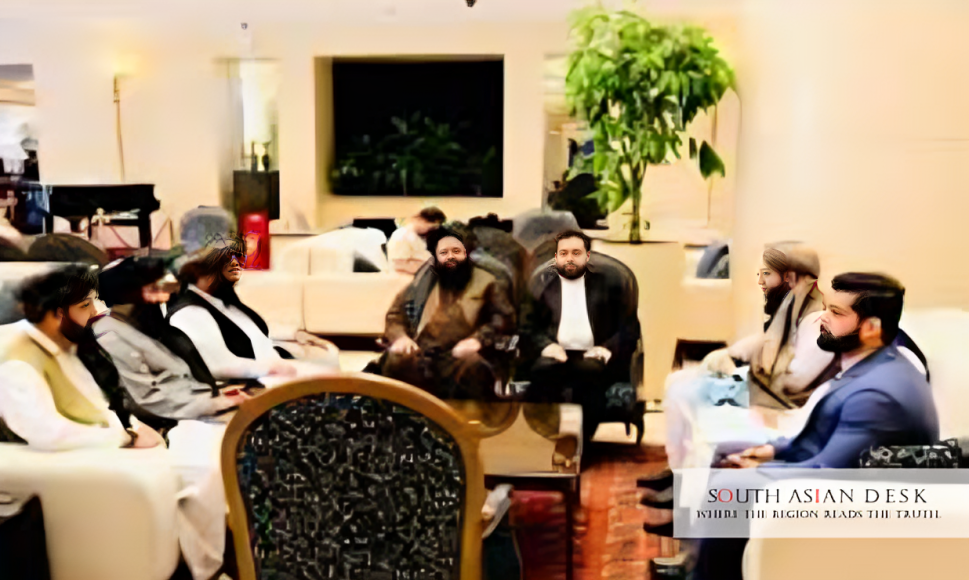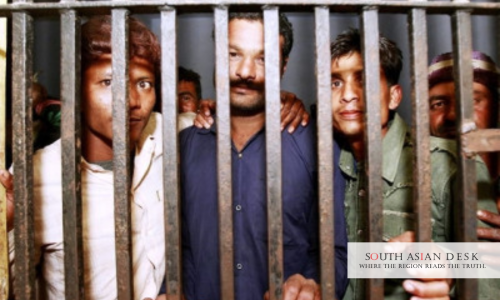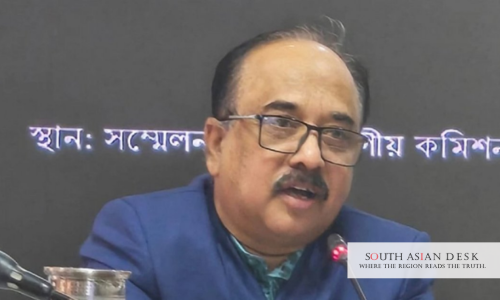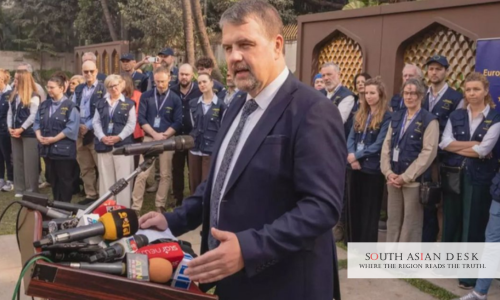Afghanistan attends ECO summit Tehran today, October 28, 2025, as interior ministers from 10 nations convene for the first time in 15 years. Led by Deputy Interior Minister Major General Alhaj Mullah Mohammad Ibrahim Sadr, the delegation seeks to bolster ECO security cooperation Afghanistan Tehran amid shared threats. Hosted by Iran, the event addresses counter-terrorism and border management.
Why This Matters for South Asia
The ECO summit carries weight beyond Tehran. Spanning South Asia and Central Asia, the Economic Cooperation Organization links economies and security fates. Afghanistan‘s return signals thawing isolation since 2021, potentially easing narcotics flows and militancy that spill into Pakistan and India. Stronger ties could stabilise trade routes vital for $500 million in annual regional goods, fostering peace in a volatile neighbourhood.
Afghanistan Delegation at ECO Ministerial Meeting in Iran
The Afghanistan delegation ECO ministerial meeting Iran arrived on Sunday, October 26, 2025, ahead of the deputy-level talks. Major General Sadr heads the team, joined by Major General Alhaj Qari Ehsanullah Sohail, director general of the deputy minister’s office for security affairs; Engineer Mahmood, director of the geographical system; and Maulvi Ammar Mohajer, director of international organisations at the Ministry of Foreign Affairs.
Abdul Matin Qani, spokesperson for Afghanistan’s Ministry of Interior, confirmed the mission. “Mr Sadr will attend the 4th meeting of the Economic Cooperation Organization (ECO), which will be held with the participation of interior ministers from member countries,” Qani stated. This marks a shift from last year’s ECO gathering in Mashhad, where Afghanistan sent no representative.
Iran’s Interior Ministry spokesperson Ali Zeinivand highlighted the event’s scope. “The meeting reflects the government’s policy of closer cooperation with neighbouring countries,” Zeinivand said. He noted ECO’s 500 million-strong population and vast energy reserves, positioning it for a free trade pact. Proposals include special free trade zones to cut tariffs, though full liberalisation remains elusive.
The deputy ministers’ session on Monday, October 27, set the stage. Delegates discussed joint patrols and intelligence sharing. Sadr met Iranian counterparts bilaterally, sources say, though details stay confidential. With 10 members Afghanistan, Azerbaijan, Iran, Kazakhstan, Kyrgyzstan, Pakistan, Tajikistan, Turkey, Turkmenistan, and Uzbekistan the forum eyes unified responses to extremism.
Political analyst Janat Faheem Chakari views it positively. “It is hoped that regional summits will also address Afghanistan’s security, economic, and political challenges,” she remarked. Fellow analyst Jafar Sadeqi added: “The participation of the Islamic Emirate’s delegation in this summit reflects Afghanistan’s standing among ECO members and the international community. This meeting is particularly important as it will address various issues, including military and economic matters.”
ECO Security Cooperation Afghanistan Tehran Takes Centre Stage
ECO security cooperation Afghanistan Tehran dominates the agenda. Interior ministers prioritise counter-narcotics, human trafficking, and cyber threats. Afghanistan, a transit hub for opium, stands to gain from enhanced border tech and training exchanges.
In June 2025, ECO’s Council of Permanent Representatives endorsed Afghanistan’s technical participation, per official records. Iran reaffirmed support, paving the way for today’s full engagement. The 15-year hiatus stemmed from geopolitical rifts, but Tehran’s hosting revives momentum.
Delegates reviewed progress on the ECO Vision 2025, which targets 20 per cent trade growth. Security underpins this: unstable frontiers deter investment. Afghanistan proposes rail links to boost connectivity, echoing past ECO pledges. Bilateral talks with Pakistan and Iran could yield quick wins, like joint anti-smuggling ops.
No binding accords emerged from deputies, but ministers aim for a communique by evening. Focus areas include legal frameworks for extradition and data swaps. With ISIS-K active, urgency mounts. Sadr’s team pushes for Afghan inclusion in ECO’s anti-terror drills, a step toward normalisation.
Background: ECO’s Evolution and Afghanistan’s Role
The Economic Cooperation Organisation traces to 1985, born in Tehran from the Regional Cooperation for Development. It expanded post-Cold War, absorbing Central Asian states. Headquartered in Tehran, ECO drives transit corridors like the International North-South Transport Route.
Afghanistan joined in 1990, but turmoil sidelined it. Post-2021, overtures grew. The 2024 Mashhad summit snubbed Kabul, yet technical forums welcomed input. This week’s event, the fourth interior ministers’ meet, breaks ice fully.
Iran’s presidency rotates; its turn emphasises neighbourhood first. President Masoud Pezeshkian’s administration eyes ECO for sanctions relief via trade. Afghanistan, meanwhile, leverages the platform to counter isolation. Exports like minerals could surge 15 per cent with secure routes.
Past summits yielded the 1998 Transit Agreement, easing truckers across borders. Yet implementation lags. Security lapses like the 2023 Tashkent blasts underscore needs. Today’s talks reference these, aiming for protocols by 2026.
Afghanistan’s Strategic Gains from Regional Forums
Engagement yields dividends. Last month’s Uzbekistan talks netted $100 million in aid pledges. ECO could amplify this, with Turkey offering drone tech for borders. Pakistan, a key player, shares Durand Line concerns, fostering trilateral pacts.
Women in security, a niche topic, surfaces too. Afghan delegates note capacity building for female officers, aligning with global norms. Economic spin-offs include labour mobility; 2 million Afghans work in Iran, remittances hit $2 billion yearly.
Critics flag risks: over-reliance on Iran amid US tensions. Yet proponents argue diversification via ECO balances this. Sadr’s presence signals commitment; follow-up visits loom.
What’s Next for ECO Ties
Post-summit, a joint working group forms on cyber security. Afghanistan attends ECO summit Tehran again in November for agriculture ministers in Tehran. Outcomes hinge on today’s close; a strong declaration could spur investments.
Tehran pledges follow-through, with Zeinivand hinting at quarterly reviews. For Kabul, success means less aid dependence, more self-reliance. Regional stability beckons.
Afghanistan attends ECO summit Tehran not as guest, but partner, heralding collaborative security in a fractious era.
Published in SouthAsianDesk, October 28th, 2025
Follow SouthAsianDesk on X, Instagram, and Facebook for insights on business and current affairs from across South Asia.






